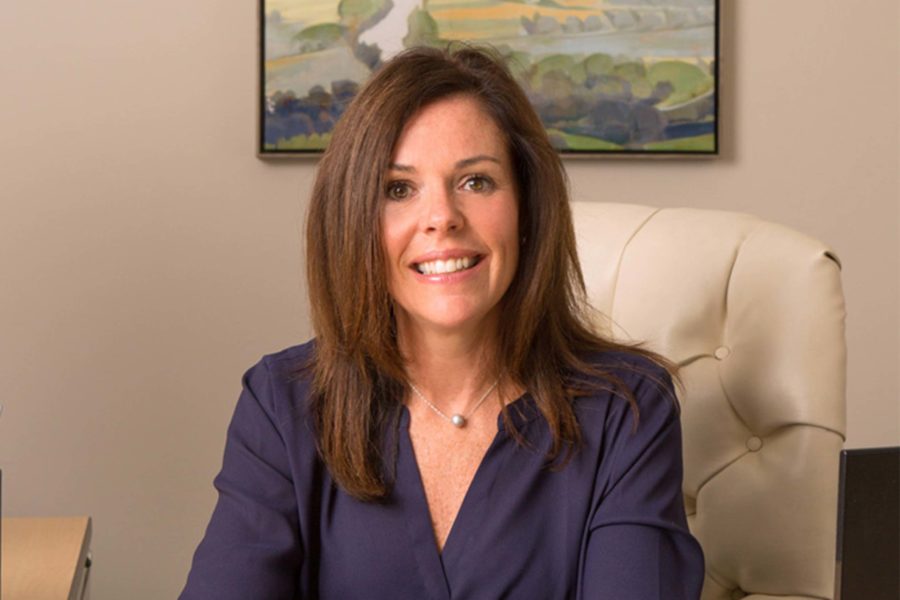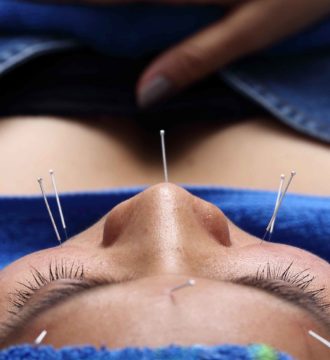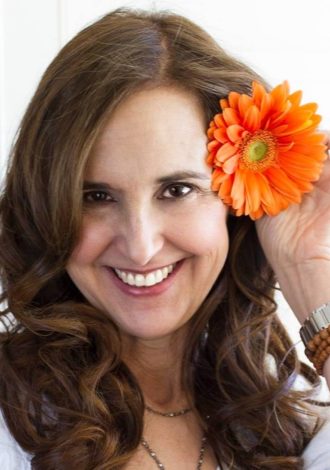Melissa Sherwood is one of only a handful of female public insurance adjusters in Massachusetts. She spends her days running her family’s business Panakio Adjusters Inc., helping victims of theft, fire and natural disaster put their lives back together.
The crazy part? No one knows she does it.
Sherwood says her profession is virtually unknown, so she’s been working for years to get the word out. We chatted with her about the insurance adjusting business and her experience as a pioneering woman in the field.

So what does a public insurance adjuster do?
Melissa Sherwood:As a public insurance adjuster we represent the insured, either a homeowner or somebody that owns a business or commercial building that experiences some sort of a loss. That could be due to fire, water damage, wind damage, theft, vandalism — those types of things.
The reason why you would want to hire your own insurance adjuster is [to look after your own interests]. Your insurance company sends out an adjuster, but they are writing their estimate and repairs on behalf of the insurance company, [which] is all about saving money for themselves, not writing the estimate to make you whole again.
When we are hired by the insured, we take the claims process off of their plate completely. We advocate for them, we write estimates for them, we negotiate and settle the loss on their behalf with the insurance company.

How did you get involved in this field?
It’s been my family’s business since 1937, when my dad married Lisa Panakio. About four years ago, Lisa passed away unexpectedly. When she passed, not only did my dad lose his wife, but he also lost his business partner. I stepped in and got my license.
I had run my own fitness business for a decade when my kids were little. So, I made a complete shift and went from working part-time to full-time — I call it my big girl job.
This is a serious business; these are important issues that we deal with. I think all of that has been a big shift in my personal and professional life.

Why do you think there are so few women in the field?
In the state of Massachusetts, there are maybe five to eight licensed public insurance adjusters who are women.
I think the field can be very intimidating.
I don’t have a construction background, but there are a lot of men in this business who have their contractor’s license as well, so they understand the structure of a building and things like that. I think a lot of women probably look at the business as, well it’s construction, it’s building, and that’s not me.

What challenges have you encountered in the business because of your gender and how have you dealt with them?
The biggest challenge is the feeling of not being taken seriously.
There have been a number of times when I show up at a site, and there’s an adjuster from the insurance industry, and I’ve been mistaken for the insured. They think that I’m the person who had the house fire because I’m a woman, and I’m there. So, I just say, “No, I’m the P.A.”
You also have to be very empathetic towards the person who’s had the loss, and very aggressive towards the insurance company. Sometimes, I meet with a client and they say, ‘You’re so nice, how are you going to get me what I want?’ I always say to them, ‘I’m nice, but I’m not that nice.’

What’s most rewarding about your job?
When somebody has a fire, it’s a knee jerk reaction.
Like when you fall down, and you immediately stand up, and you’re like, “I’m fine.” And, then, as it goes on it becomes more painful. It has to get worse before it gets better.
Well, I’m the person that they can talk to.
You can’t call your insurance company. They’re not going to pick up the phone and listen to you. They don’t care that you’re frustrated; you’re a claim number. I do care.
We can at least talk about it, and then you’re going to feel better, and you’ll know that I’m working on it.



 3 min read
3 min read



